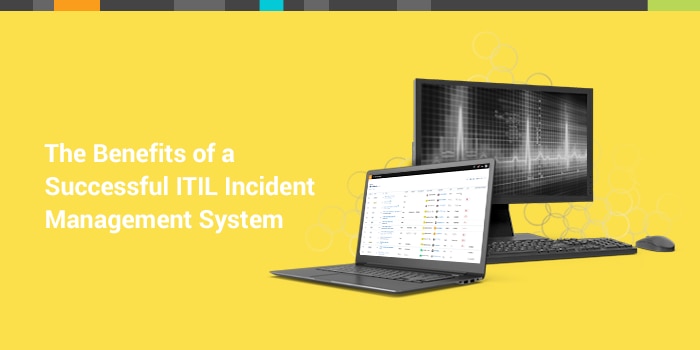Getting Incident Response Teams to Work Together
Getting an incident response right can be extremely challenging. This is true even if you’ve already done your due diligence and torn down your department silos. When something goes off the rails, even if there’s some internal communication among your incident response teams, there can still be a tendency for the teams native to individual departments to become myopic in their focus. Here’s a common scenario: your marketing and communication team has to focus so intently on delivering the messaging necessary to restore confidence with your internal and external stakeholders that they grasp what’s happening in support. And support is so overloaded with tickets related to the incident and other issues that they can’t focus on what DevOps and the service managers are doing to address the problem. But, the most effective organizational response to the incident relies on both collaboration and internal communication it is built upon. During an emergency, working to improve internal communication between and among your incident response teams is unrealistic. Furthermore, the time immediately following an incident is less than an ideal time to work on collaborating together more effectively. This is why pre-planning and practicing internal communication in anticipation of the next incident is so crucial to improving your overall organizational response to incidents.Improve Internal Communication and Reap the Benefits
The benefits you stand to gain organizationally from improving the communication between your response teams are both substantial and diverse. The obvious benefits of putting in the time to establish, fine-tune, and deepen internal communication will become evident the next time a major incident arises. But, the organizational benefits are not just related to incident response. Not only do you stand to gain from the diversity of perspectives and levels and types of experience you bring to the table, but you also drive the cross-pollination of best practices throughout your organization. Furthermore, practicing effective communication has ripple effects that extend beyond incident response, throughout your internal stakeholders and even to your customers. Effective communication helps to build trust between teams and with those who matter most to your organizational success.Winning Strategies for Connecting Your Incident Response Teams
Understanding the importance of tearing down the silos, flattening the organizational landscape, and working to improve internal communications is one thing; getting it done is quite another. The tendency to back-burner relationship building between internal response teams must be countered with effective strategies to build buy-in for the sharing of insights and best practices. Here are some tips:- Set a schedule for meetings and remain accountable to the schedule, regardless of constraints and demands. Communication-building efforts are tremendously important and deserve to be prioritized as such.
- Level the communication playing field by removing jargon and including technical and non-technical team members in all aspects of the discussion.
- Clearly define roles and priorities in advance of your next incident to drive both ownership in parts of the process, and accountability across the organization.
- Set aside time for meetings directly related to specific incidents and unrelated to post-incident reviews. Your communication-building efforts cannot be entirely tied to post-mortem for them to be as effective at building communication as they can be.
Uniting Technical and Non-Technical Teams May Be Easier Than It Appears
There can be a tendency in many organizations for internal stakeholders to self-separate into groups by their function within the organization. There are tech people and non-tech people after all, or so the standard thinking goes. However different technical and non-technical may seem on the work surface, they most likely have shared or similar interests outside of the work that can often bring them together in meaningful (work-related) ways that can impact the success of your organization. The first step is getting them together and getting them communicating about incidents, but more importantly, just get them communicating and the benefits will follow. Learn more about how our platform can help your business with incident management.







